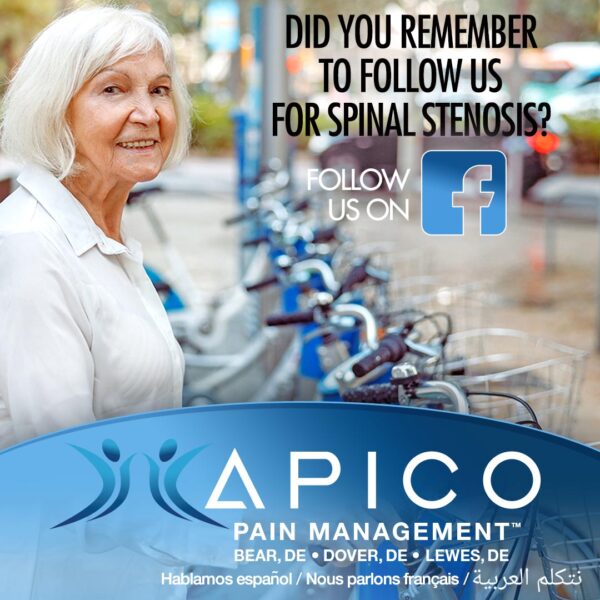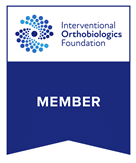
What’s Spinal Stenosis?
Summary
Learning about spinal stenosis is the first step to finding wellness and pain recovery.
What’s spinal stenosis?
Spinal stenosis is a medical condition characterized by the narrowing of the spaces within the spine, which can put pressure on the nerves that travel through the spine. This narrowing can occur in various parts of the spine, including the neck (cervical spine) or the lower back (lumbar spine). The condition may result from degenerative changes in the spine associated with aging, such as the thickening of ligaments or the formation of bone spurs.
The narrowing of the spinal canal or nerve root can lead to a variety of symptoms, including pain, numbness, tingling, or weakness in the affected areas. The severity of symptoms can vary, and they may worsen over time.
There are two main types of spinal stenosis:
Central Canal Stenosis. This occurs when the spinal canal, which houses the spinal cord, becomes narrowed. Symptoms may include pain or cramping in the legs, especially with walking or standing for long periods (neurogenic claudication).
Foraminal Stenosis. This type involves the narrowing of the openings (foramina) where spinal nerves exit the spinal column. This can lead to symptoms such as pain, numbness, or weakness in the arms or legs, depending on the location of the stenosis.
Treatment for spinal stenosis may include conservative measures such as physical therapy, pain management, and anti-inflammatory medications. In some cases, more invasive treatments like epidural steroid injections or surgical intervention may be considered.
“Most patients will experience some type of pain associated with the spine but luckily, even without surgery, the majority will have an uneventful recovery.”
-NIH/PubMed, “Spinal Stenosis,” StatPearls, January 2023
Discuss whether surgery is the only option. It’s important for individuals experiencing symptoms of spinal stenosis to consult with a healthcare professional like Rany T. Abdallah, MD PhD MBA at APICO Pain Management™ for an accurate diagnosis and appropriate management.
Call 855-932-7426 to schedule at any of our pain management offices in Delaware (Bear, Dover, and Lewes).
Leave a reply


